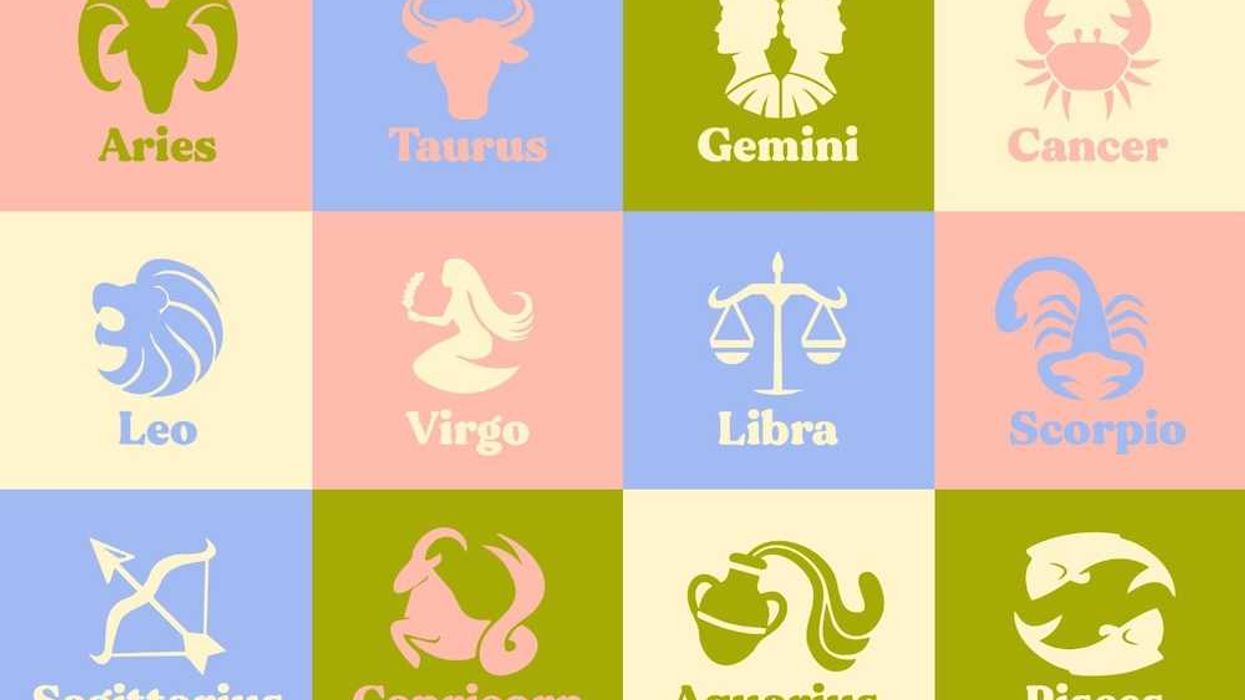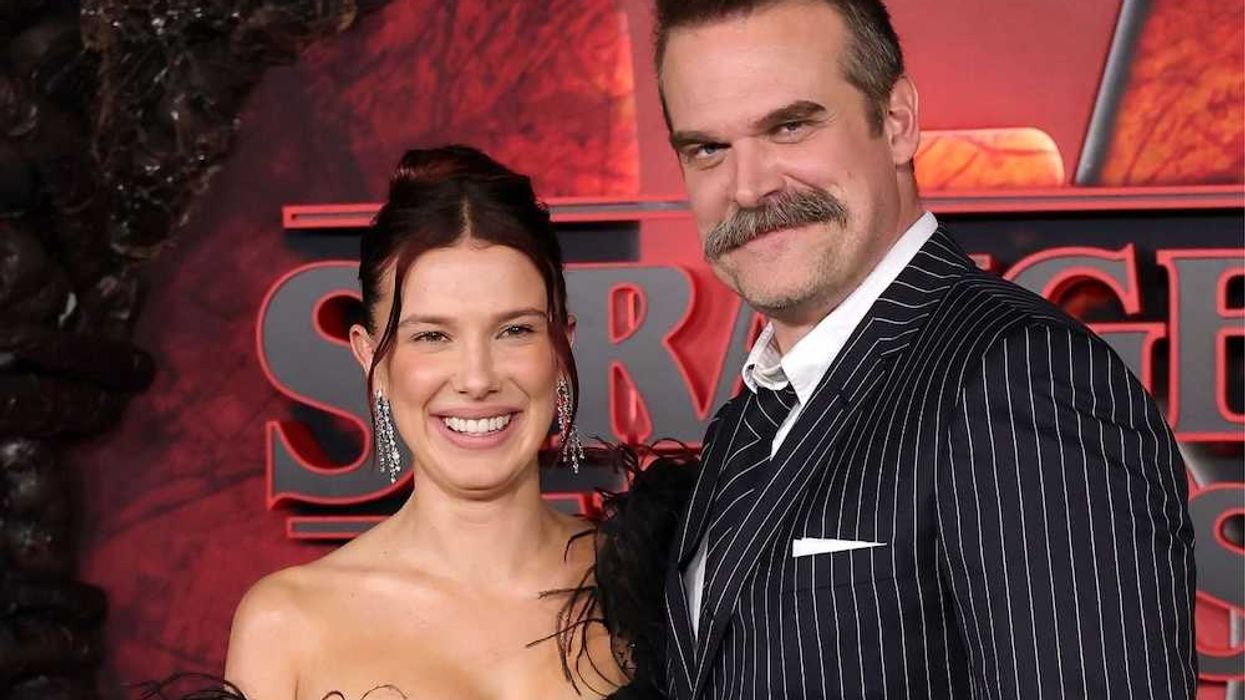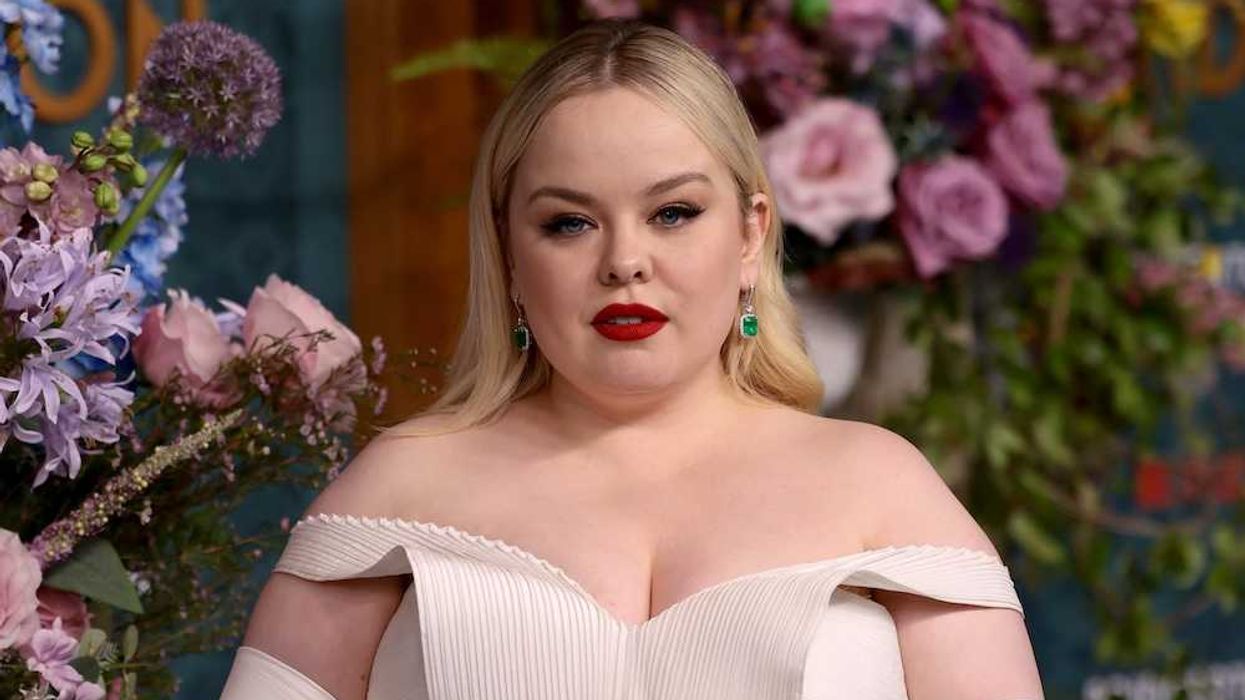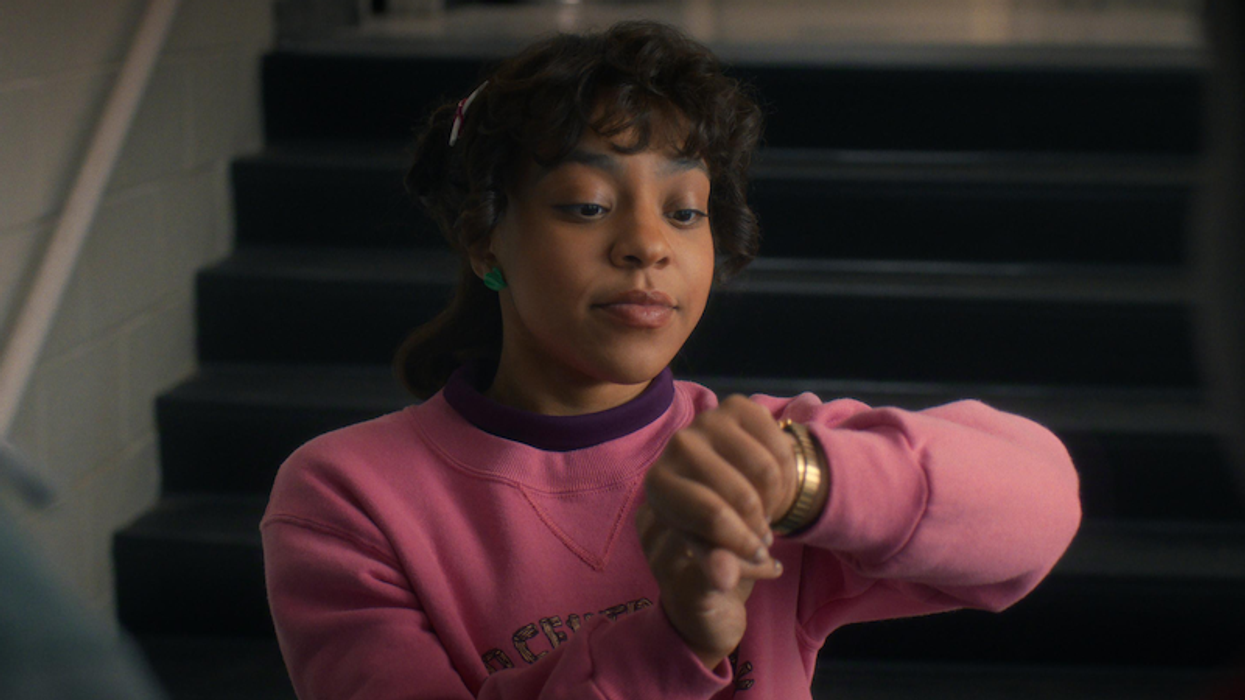It comes down to communication.
This Is Why Millennials Have the Happiest Relationships

There are a lot of unflattering stereotypes about millennials: They’re too dependent on their phones, they’re lazy, they’re not great at adult things like relationships. However, in regards to connecting with people, eHarmony’s recent Happiness Index Report showed the opposite to be true: Millennials between the ages of 25 and 34 report having happier relationships than all other age groups.
The report, a result of polling over 2,000 people who are 18+ years old and married or in long-term relationships, was designed to measure what makes couples truly happy (and unhappy) and the reasons why. “Millennials have a reputation for being all about texting, and not necessarily placing a lot of value or even having the best communication skills,” eHarmony CEO Grant Langston tells us. “We all stand corrected, as the data from our study really shows the opposite.”

Generally speaking, millennials’ success thus far in relationships comes down to communication and openness. “We see that once millennials commit, they are more willing to continually work on a relationship and communicate with their partner,” Langston says. “They are more open to therapy and compromise than anyone else.”
To delve further into this, we sat down with Langston in New York City to talk about the data from The Happiness Index. Keep scrolling for his observations on why millennials are actually great at love.
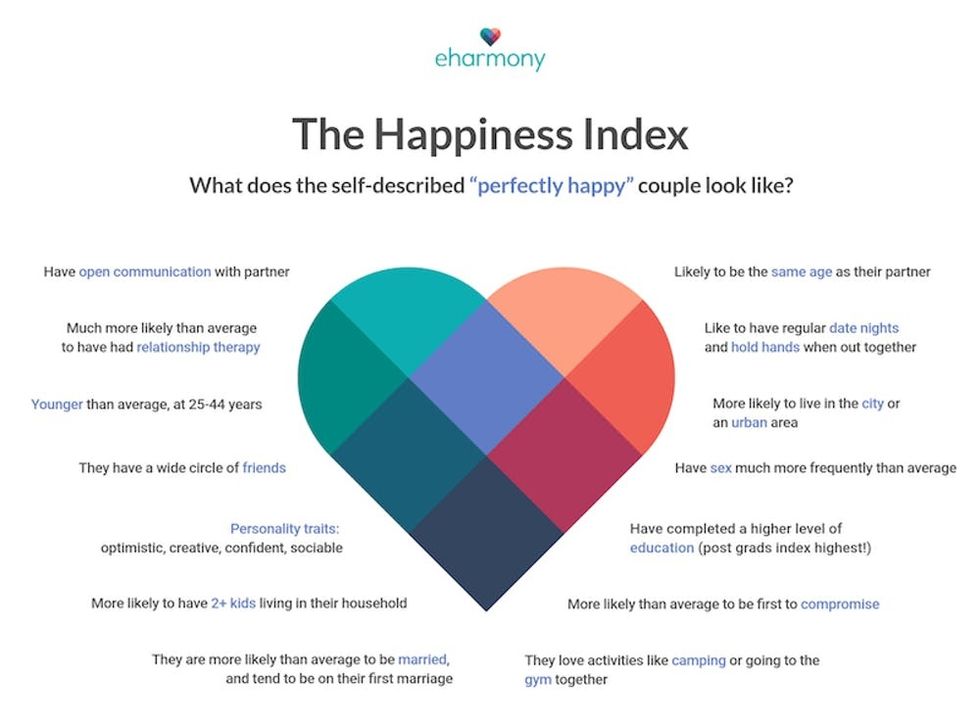
1. Millennials view relationships as an element of self-care. Self-care is perhaps one of the biggest buzzwords out there right now, so it should come as no surprise that many millennials view their relationships as an extension of the way they tend to their own physical, mental, and emotional health.
2. Millennials have an opportunity to rewrite the old rules of relationships. Many people who are currently in their 20s and 30s are children of divorce, which makes them that much more inclined to try to promote positive relationships for themselves and others. Millennial women, in particular, are seeking to be equal partners in their romantic partnerships. Broad shifts in relationship dynamics like this one will hopefully help millennials be more successful in long-term relationships than their parents may have been.
3. Millennials are good communicators. As part of their efforts to take back lasting relationships, people in this generation are often more open to digging into challenging conversations with their partners and less likely to walk away after a single fight.
4. Millennial men are especially communicative. As compared with men from older generations, men in their 20s and 30s who participated in the eHarmony research are the most open in communicating with their partners. “We’re seeing a shift in the way men communicate in romantic relationships,” Langston says.
5. Millennials are pro-therapy. The millennial set is not afraid to bring in a third party. Interestingly, men are overall almost twice as likely as women to seek relationship therapy, but the incidence is highest among millennials.
6. Millennial men are romantics. Thanks to what Langston refers to as “a new parenting style” for young boys — one in which parents are perhaps more encouraging of feelings and emotions than they were in previous generations — men in the millennial age group are more open with their partners. They are more likely to write love notes and to drop the L-word first.
Do these insights from eHarmony surprise you? Tweet us @BritandCo!
(Graphic via eHarmony, Photo via Getty)





